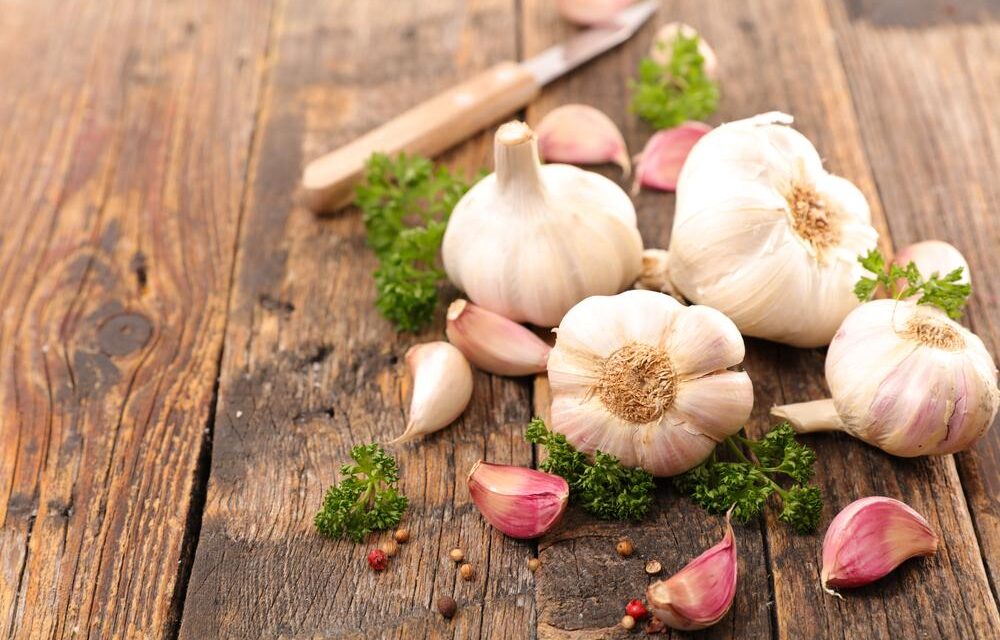According to the World Health Organization, ischemic heart disease and stroke claim more lives yearly than any other disease, annually accounting for roughly 15 percent of all deaths around the globe. Many deaths caused by heart disease can be prevented, and eating a healthy diet is a great preventive measure that anyone can take.
Good nutrition is a key component of a healthy lifestyle. When paired with regular physical activity, a nutritious diet can help people dramatically reduce their risk for various diseases, including heart disease. Though some people may associate healthy diets with bland foods, people can incorporate various heart-healthy herbs and spices into their favorite dishes to make them more nutritious and very flavorful.
- Garlic: Garlic has long since earned its place in the kitchen. However, garlic is neither an herb nor a spice, but an allium, like onions. Regardless of how it’s classified, garlic is loaded with flavor and can be used to improve just about any recipe, all the while benefitting heart health. Garlic can help lower blood pressure and reduce levels of bad cholesterol.
- Cayenne pepper: Few ingredients may change a recipe as quickly as cayenne pepper. Adding cayenne can instantly make dishes spicier and healthier. More importantly, studies have shown that capsaicin, the active ingredient in cayenne pepper, can provide a host of health benefits. One such study, published in the British Journal of Nutrition, found that adding capsaicin to a high-carbohydrate breakfast significantly reduced hunger and the desire to eat before lunch. Eating less can help people more effectively control their body weight, which in turn, reduces their risk for heart disease.
- Turmeric: Garlic and even cayenne pepper may already be staples in many people’s kitchens, but that’s not necessarily so with turmeric. A yellow spice often used when preparing Indian cuisine, turmeric has anti-inflammatory properties thanks to curcumin, the part of turmeric responsible for giving it its yellow color. One study noted in WebMD indicated that turmeric helps ward off heart attacks in people who have had bypass surgery.
- Coriander: A popular herb, coriander is sometimes mistaken for cilantro. Though the two come from the same plant, cilantro refers to the leaves and stems of the coriander plant, while the coriander in recipes typically refers to the seeds of that plant. Coriander seeds may help reduce bad cholesterol and high blood pressure, both of which are significant risk factors for heart disease.
Consider adding herbs and spices to your heart-healthy recipes, because nutritious meals do not need to be void of flavor.












